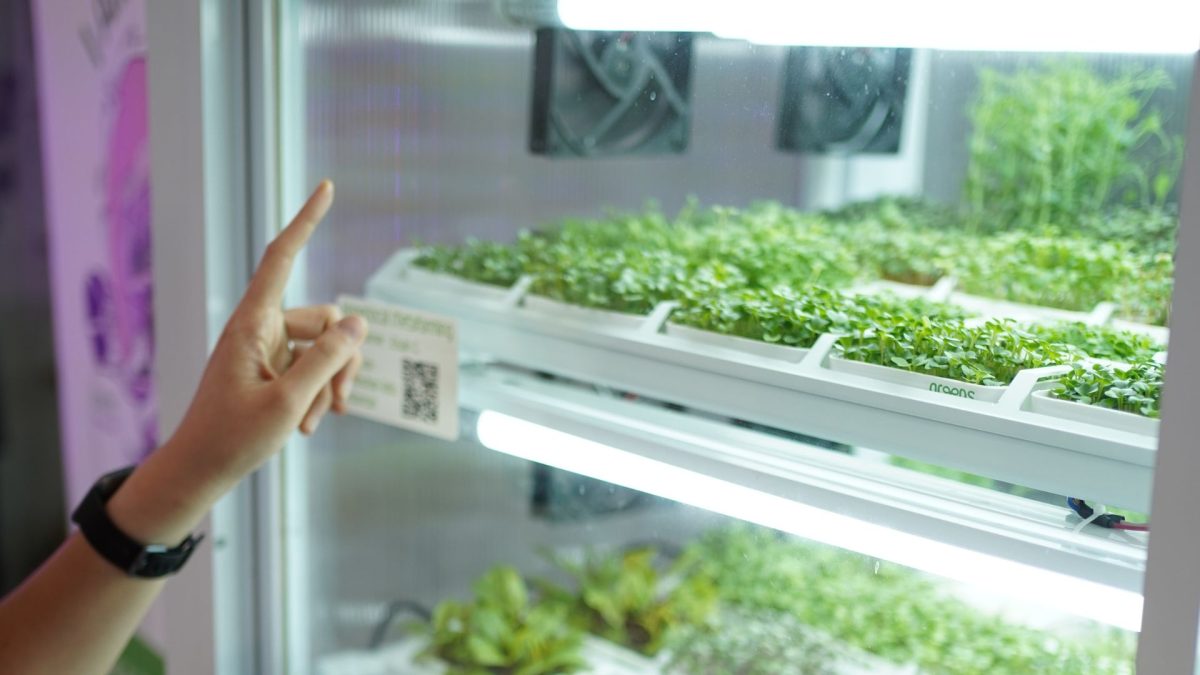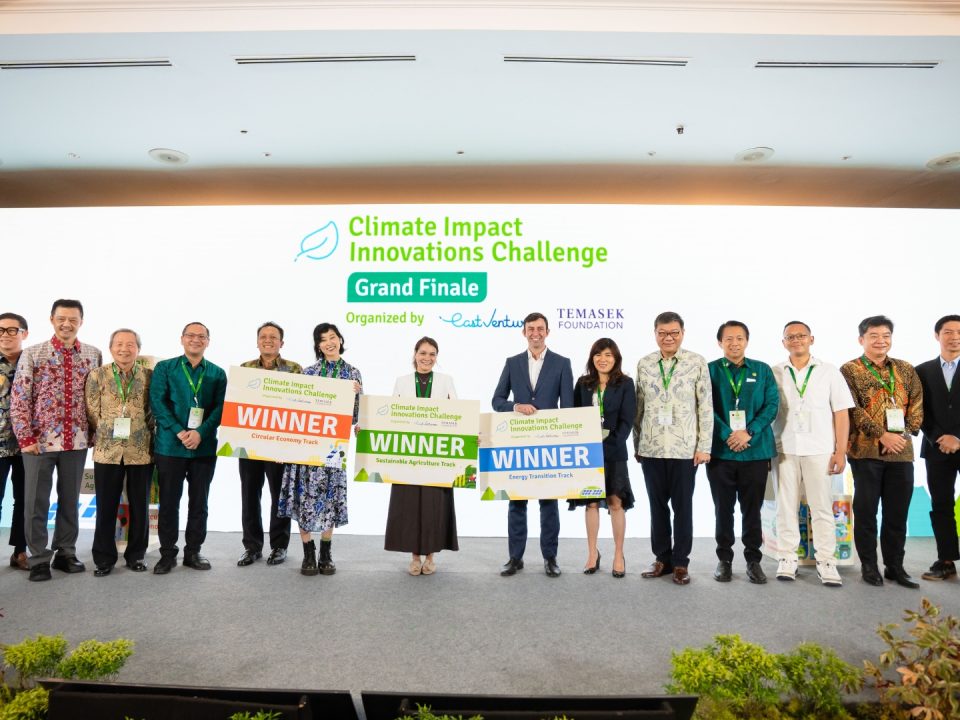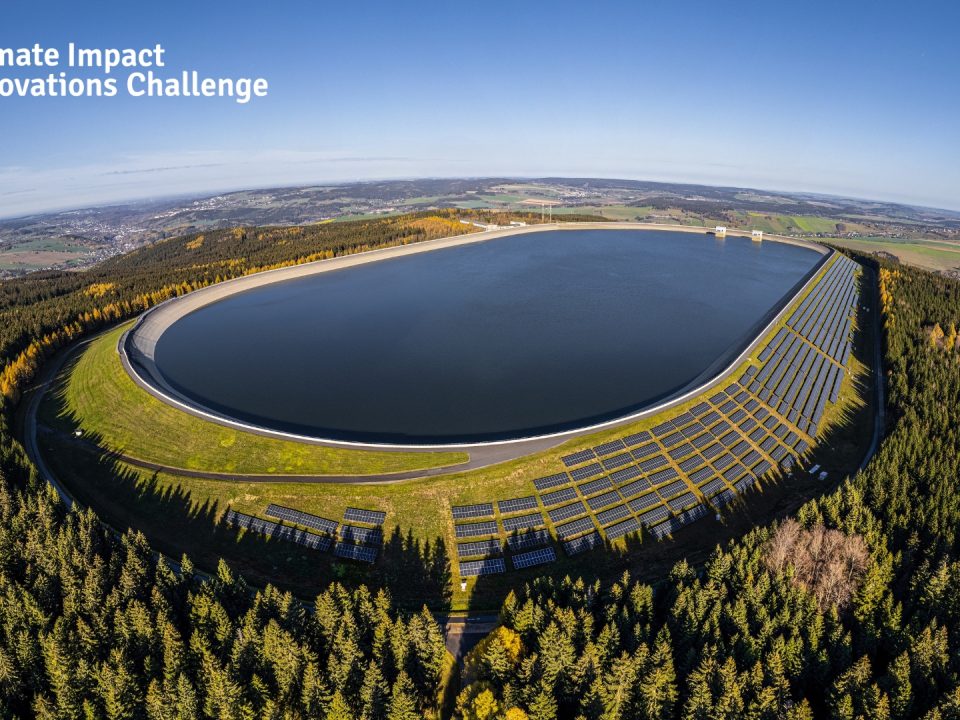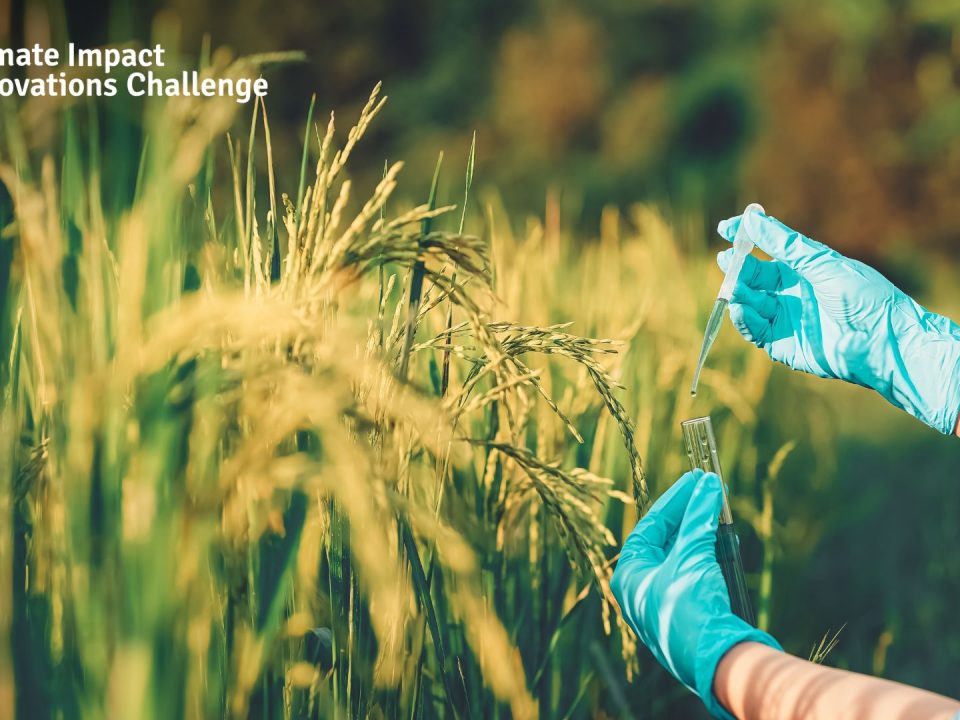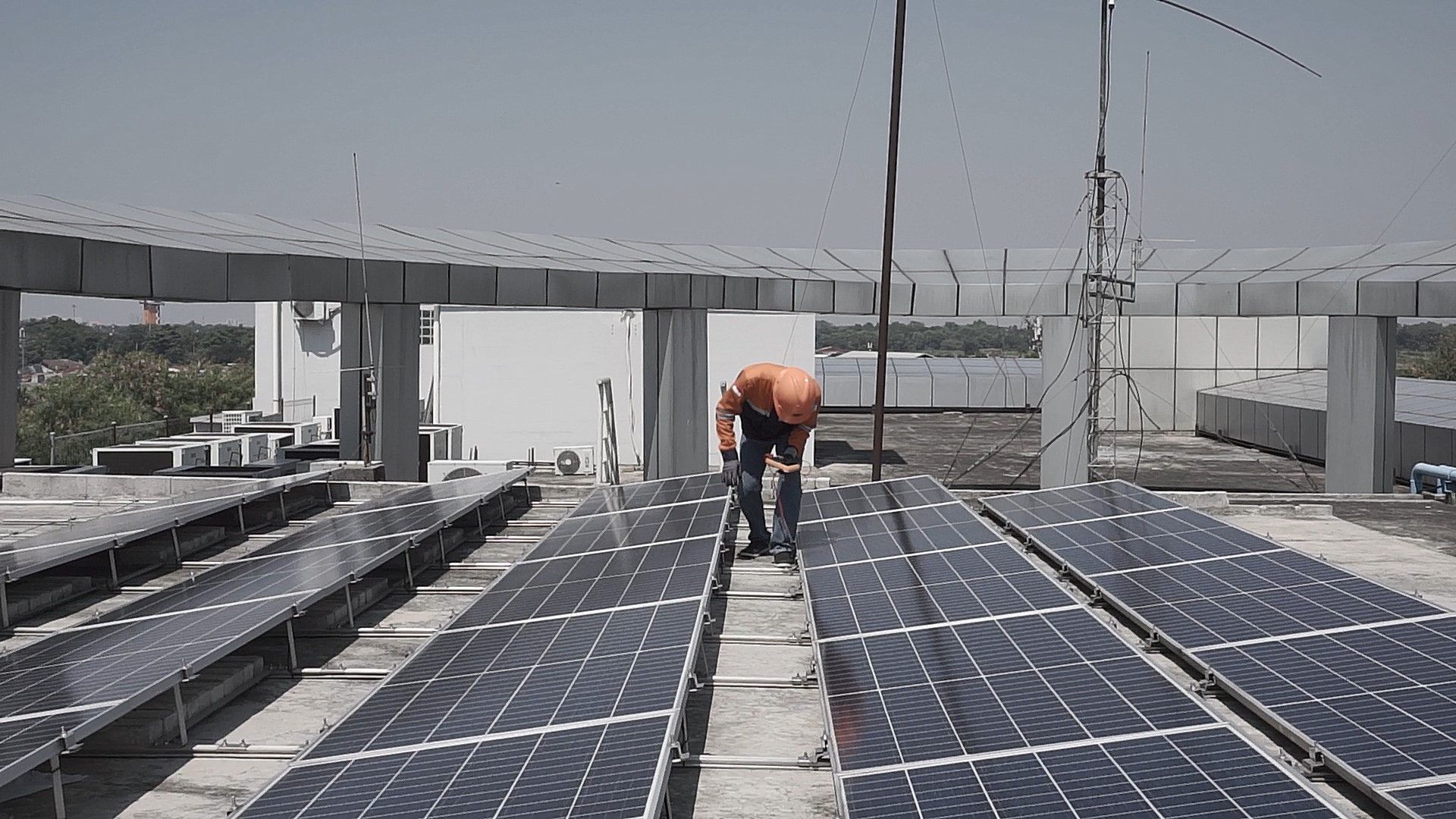
Urgent energy needs in Southeast Asia: Renewable startups to the rescue
April 12, 2023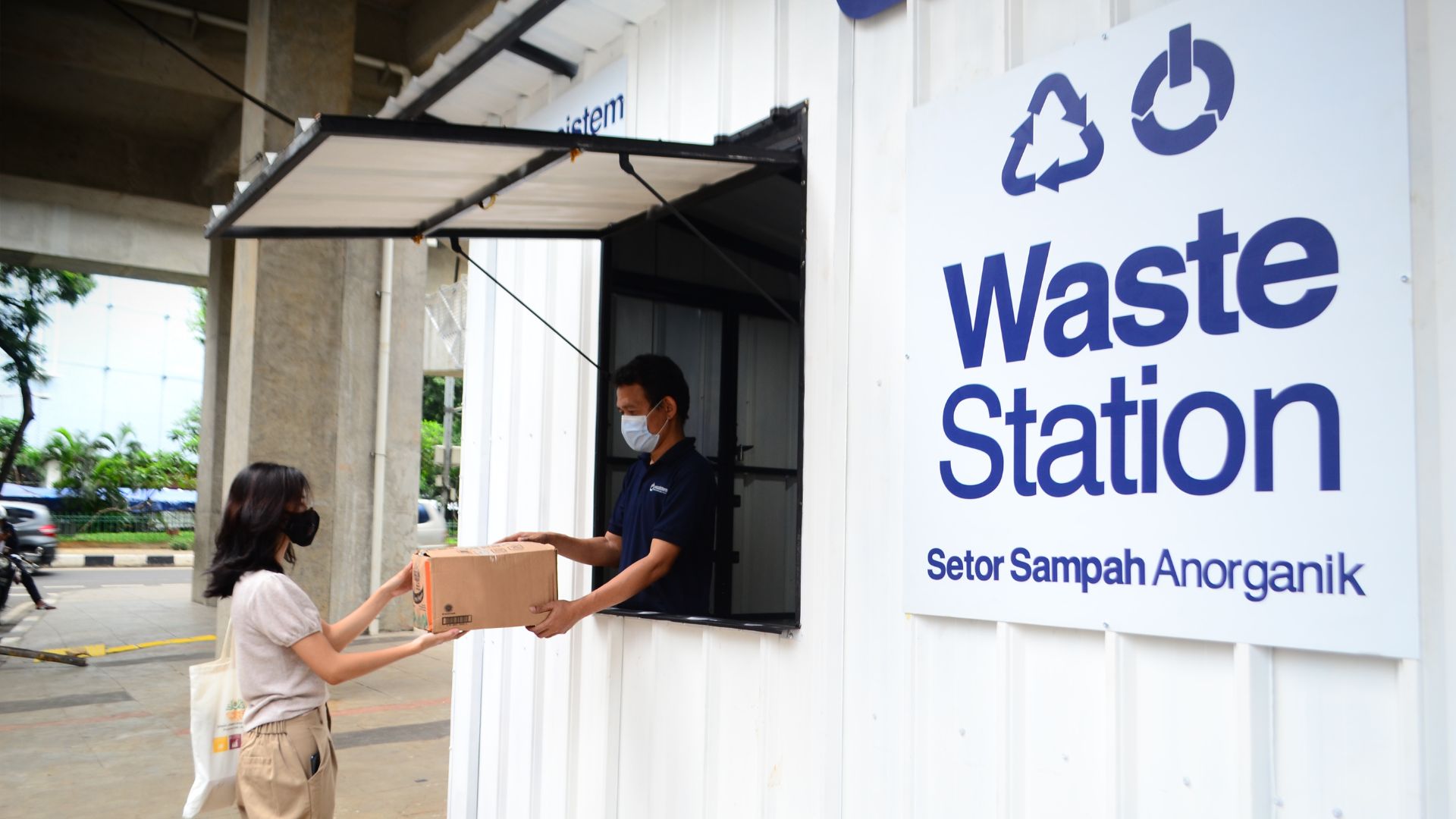
Sweeping opportunities in the landfill: Emerging waste management tech startup to come
May 15, 2023Creating future farming with technology for the food resilience
The world is facing a dire situation. The population is growing unprecedentedly and is expected to reach 9.7 billion people by 2050. Yet, the demand for food is expected to double what it is. We would only run out of food in 27 years if we made an immediate effort to change the global agriculture system, The World Count predicted.
It is a scary thought but a reality we must confront. The world has faced numerous challenges recently, such as climate change, the primary cause of decreased farming output, and ascending hunger worldwide.
In Southeast Asia, the situation is even more alarming. According to the 2021 Asian Development Bank (ADB) research report, the region suffered US$21 billion from 2008 to 2018 in crop and livestock production losses due to climate-related disasters. The people of Southeast Asia have already struggled to produce enough food to meet their needs. With climate change wreaking havoc on their crops and livestock, it is becoming increasingly difficult for them to survive.
The world is in crisis, and action is needed immediately. We need to address the issues of climate change now. Some solutions, such as GREENS, an Indonesian agritech startup developing and planting highly nutritious vegetables without soil, are available. Such solutions encourage sustainable agriculture and food systems, which are crucial for the future of our planet.
GREENS’ Co-Founder, Erwin Gunawan, shares an agricultural sector overview by offering a new hyperlocal food ecosystem as a solution and bringing the sector greater sustainability.
The epic ground of Indonesia’s agriculture challenges
Being an agricultural country, Indonesia remains reliant on imports due to the country’s inability to meet food demand. Against this backdrop, three founders of GREENS, Erwin Gunawan, Geraldi Tjoa, and Andi Sie, discovered that the country faces numerous challenges in the agriculture sector. Erwin outlined the top three main issues that Indonesia has faced in recent years.
1. Land degradation
The land is becoming increasingly scarce, approximately 12 million hectares each year, causing vulnerable soil and water shortage. Creating an enabling environment with technology can secure food availability. GREENS pod is one of the examples of solutions that are applicable for the future farming system. The technology enables agriculture practices starting from farming to harvesting in many places such as the basement, mall and even moving farmland.
2. Agricultural labor crisis
Despite having an agricultural education, the younger generation does not consider agriculture a viable career option and instead opts for other fields. Revolutionizing farming jobs and working styles is needed to tap the young generation into the agricultural industry. GREENS presents a different brand image for the younger generation, attracting them with the image of a future farmer working in a lab and becoming a botanical expert.
3. The effect of climate change
Climate change is inadequate and hence threatens food availability. Climate change increased precipitation to 3.6% in 2020, leading to higher temperatures and humidity in Southeast Asia, substantially impacting soil moisture and water shortage. This could decrease grain yields and up to 10% of paddy production. Erwin emphasizes that it will be hard to keep the resilience of food availability if we still rely on climate conditions.
Read the full insights at East Ventures.


